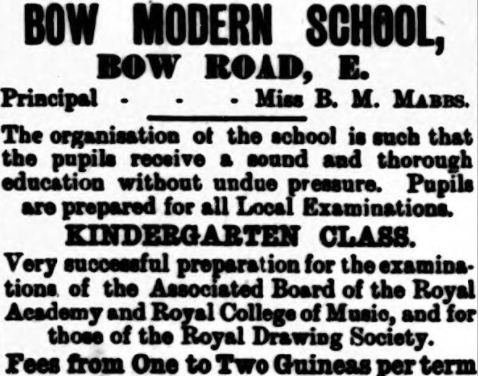

Bessie Mabbs was a teacher, school principal, and active member of the Union of Ethical Societies (now Humanists UK), chairing the annual congress three times and lecturing widely for the Ethical movement. Although little remembered, she was one of many women who played a key role in the life and work of the early 20th century humanist movement, as well as embodying progressive, humanist values in her work outside of it.
Bessie Margaret Mabbs was born 21 February 1873 in Wallasey, Cheshire, the daughter of Arthur Mabbs (an accountant) and Elizabeth Mabbs (née Elt, a teacher and Justice of the Peace).
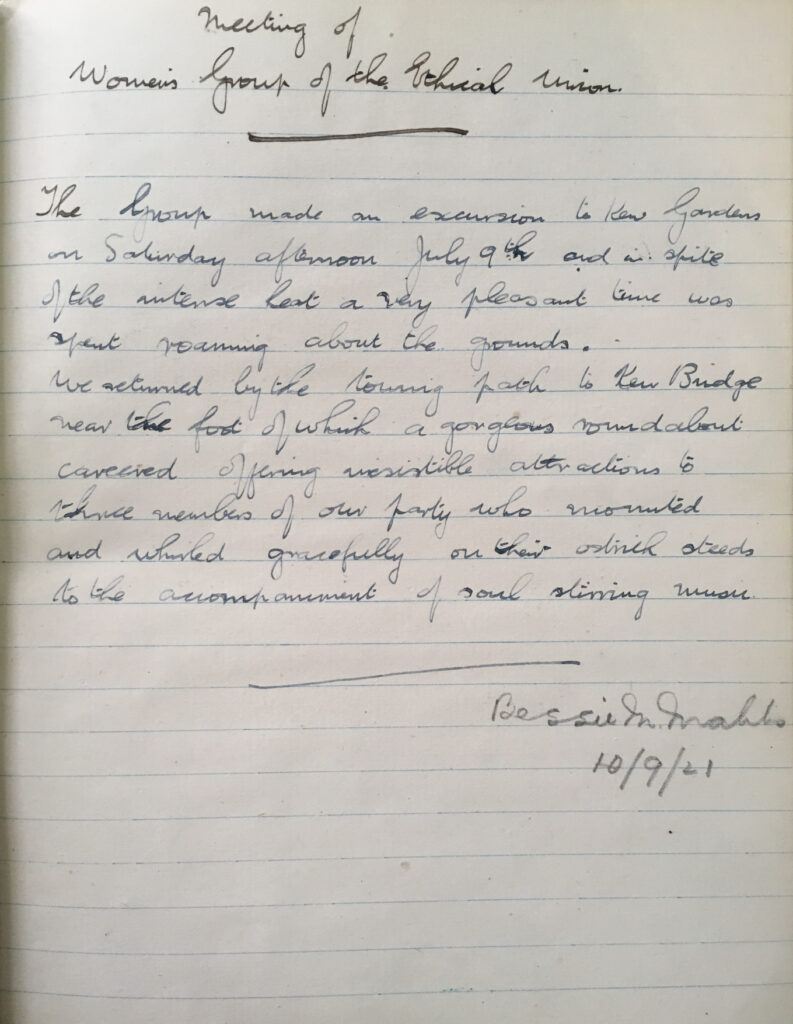
Moving between Cheshire, London, Essex, Hampshire, and Norfolk, Mabbs worked principally in education. She was an assistant mistress at Stroud Green High School for eight years, before becoming head of Bow Modern School in East London in 1901. The school boasted ‘a sound and thorough education without undue pressure’, as well as ‘successful preparation for the examinations of the Associated Board of the Royal Academy and Royal College of Music, and… the Royal Drawing Society.’
During the early 20th century, Mabbs was actively involved in both the Independent Labour Party, and the ethical societies. She was chair of the council of the Union of Ethical Societies 1918-21, during which time she presided over the annual congress three times. She also lectured widely for the movement, including at the Central London Ethical Society, the Ethical Church, and the Kingston Church of Humanity. Among her subjects were ‘Swinburne: Poet and Humanist’, and ‘The Present Outlook’. Mabbs was also active in the Women’s Group, which took as its motto a quotation from Marcus Aurelius:
Of everything that presents itself unto thee, to consider what the true nature of it is, and to unfold it.
In July 1921, Mabbs was one of the speakers at a ‘Peace with Ireland’ demonstration, ‘convened by British women’ to call for ‘the immediate cessation of strife and warfare between England and Ireland,’ and ‘the establishment of peace and concord’. The Union of Ethical Societies carried a banner in the procession from Embankment to Trafalgar Square.
In 1939, Mabbs was employed as a ‘cooking instructress’ at Burnham Westgate Hall in Norfolk, which had been donated by its owner to the Royal British Legion as a residential house where women were trained to enter domestic service. She died in Essex in 1953.
Like a number of other women active in the early humanist movement, Bessie Mabbs thrived within the social, intellectual, and reformist climate of the ethical societies. As a successful teacher and school principal, she applied her progressive values in work as well as in wider activism, and typifies the freethinking and socially conscious woman who found a home in the Ethical movement.
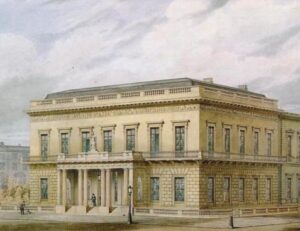
The Athenæum is a London club founded in 1824, around the pursuit of science and literature. Its reputation as ‘the […]
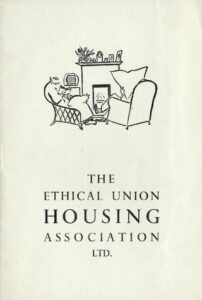
The Humanist Housing Association began in January 1955, founded as the Ethical Union Housing Association to provide affordable homes for […]
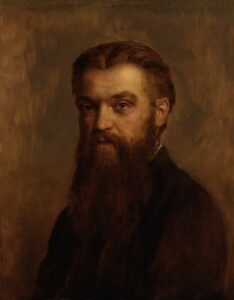
Our interest, it seems to me, lies with so much of the past as may serve to guide our actions […]
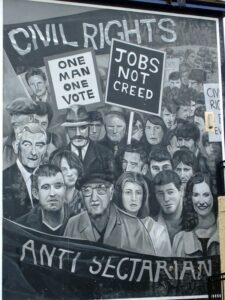
A brief history of humanism and secularism in Northern Ireland Organised humanism began in Northern Ireland in the 19th century, […]